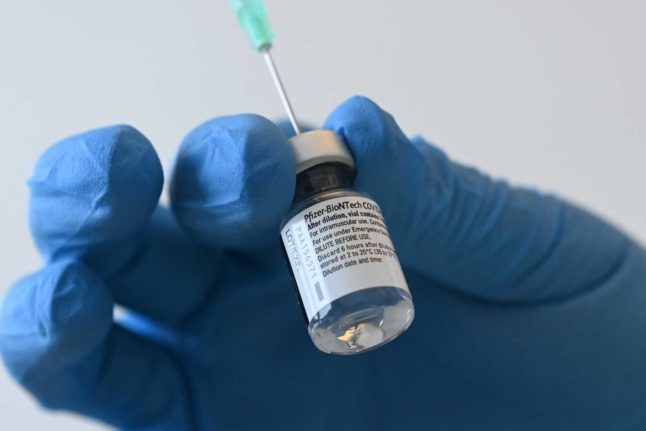After a long wait, Zurich cantonal authorities opened up coronavirus registrations to the general public on March 29th.
On April 6th, vaccination centres opened in the canton.
In the most cases, registration does not mean you can book an appointment just yet – but you can register your interest and you will be contacted when the jab is ready.
Don’t live in Zurich? Here’s how to register in your Swiss canton
Registration does not guarantee speedier access to the jab.
Cantonal authorities have said people in high risk categories will be prioritised.
How can I register to be vaccinated in the canton of Zurich?
A link to the online platform will be made available at the cantonal health authority website sometime in late March.
The cantonal website is available here (in German).
People in high risk categories are however encouraged to discuss the vaccination with their doctor as soon as possible.
There are an estimated 240,000 high-risk people in Zurich.
Switzerland will decide who has access to the vaccine according to the following priority list.
Zurich 26th of 26 cantons on vaccine percentage
Zurich, Switzerland’s most populous canton, is currently lagging behind the rest of the country when it comes to vaccines.
As at March 17th, Switzerland’s nationwide average is 15.02 percent of the population receiving one shot of the vaccine.
Schaffhausen (17.46), Grisons (17.40), Glarus (17.26) and Basel Country (17.25) are the only other cantons to have crossed 17 percent.
READ MORE: Why has Zurich’s coronavirus vaccination plan been delayed?
At the other end of the scale is Zurich, with 12.86 percent of people with one shot of the vaccine. Zurich has still managed to vaccinate just under 200,000 people (197,925), the highest number of any canton in Switzerland.



 Please whitelist us to continue reading.
Please whitelist us to continue reading.
The 12.86% is the delivered vaccine doses figure. Shots in arms is 10.77% and these people aren’t fully vaccinated as they still need another shot so this is misleading. Clean it up, guys.
Your stated nationwide average of the population vaccinated is way off. It is not 15.02 percent. Less than 10 percent have been vaccinated.